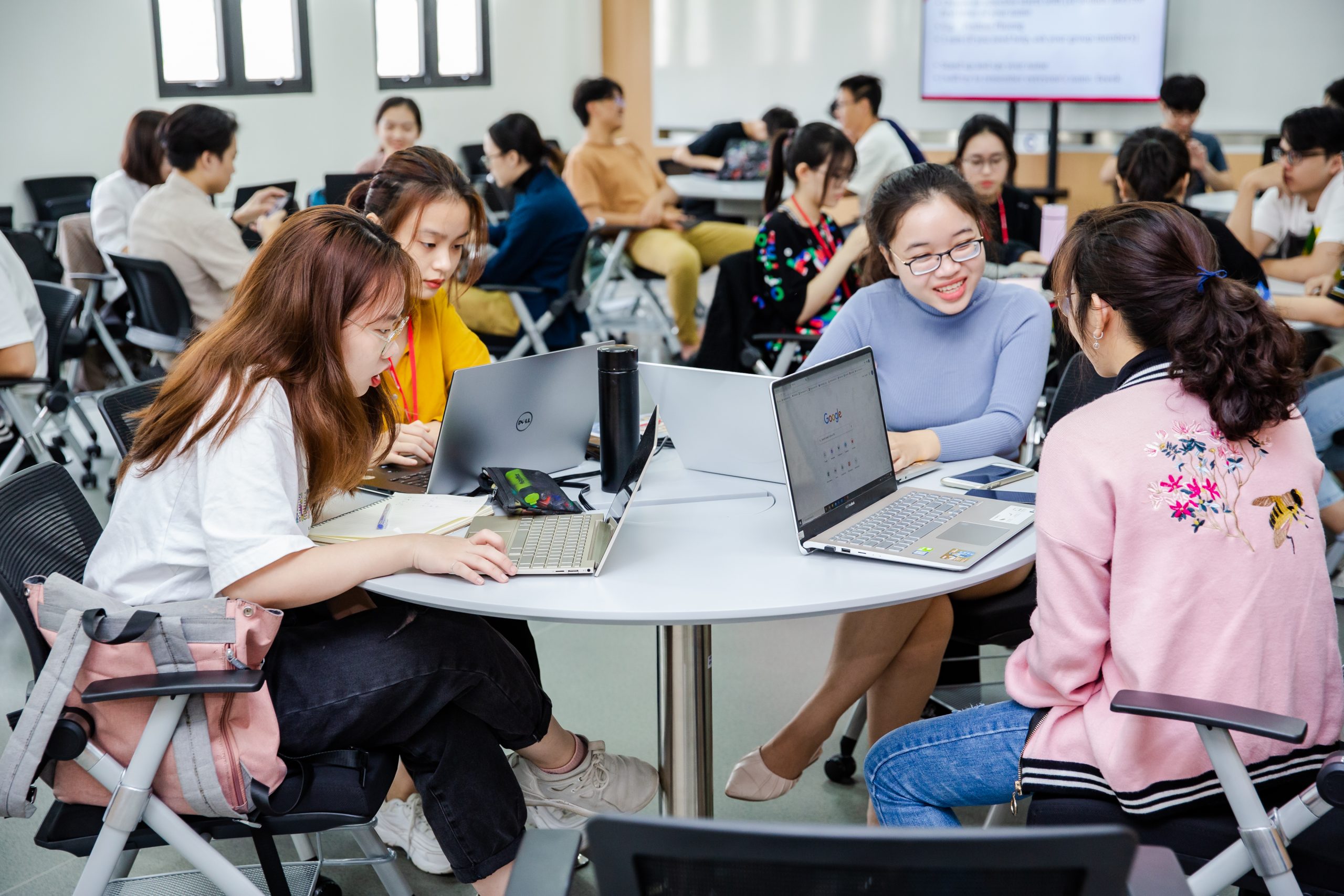Global Political Economy
Global Political Economy
Global Political Economy is a two-credit compulsory course in the General Education Program forming the ideology education component required by the Ministry of Education and Training, Socialist Republic of Vietnam. This course begins with a broad survey of different conceptualizations of globalization viewed through lenses of the political economy of various persuasions in Marx-Leninism, political science, economic geography, anthropology, and history. This course brings you through nuanced narratives of globalization to review Vietnam’s place – or lack of site – in the global political economy. A critical development in studies of the political economy suggests that the ability of a country to integrate or cope with the extending reach of globalization is primarily determined by domestic governance.
In line with this, the second part of the course focuses on the economic history of Vietnam in the global context and the changing domestic governance of the country from past to present. In particular, we pay attention to “alternate histories” of change that underlined the road to the Doi Moi reforms and Vietnam’s re-entry into the global political economy. In the third part of this course, we examine the changing configurations of the international political economy in Vietnam, paying particular attention to the immediate regions surrounding Vietnam, namely ASEAN, East Asia (in particular, China), and South Asia. This stand-alone course on global political economy concluded by examining the current status of Vietnam and possible pathways the country might take in the globalizing digital present and future.is a two-credit compulsory course in the General Education Program forming the ideology education component required by the Ministry of Education and Training, Socialist Republic of Vietnam. This course begins with a broad survey of different conceptualizations of globalization viewed through lenses of the political economy of various persuasions in Marx-Leninism, political science, economic geography, anthropology, and history. This course brings you through nuanced narratives of globalization to review Vietnam’s place – or lack of site – in the global political economy. A critical development in studies of the political economy suggests that the ability of a country to integrate or cope with the extending reach of globalization is primarily determined by domestic governance.

In line with this, the second part of the course focuses on the economic history of Vietnam in the global context and the changing domestic governance of the country from past to present. In particular, we pay attention to “alternate histories” of change that underlined the road to the Doi Moi reforms and Vietnam’s re-entry into the global political economy. In the third part of this course, we examine the changing configurations of the international political economy in Vietnam, paying particular attention to the immediate regions surrounding Vietnam, namely ASEAN, East Asia (in particular, China), and South Asia. This stand-alone course on global political economy concluded by examining the current status of Vietnam and possible pathways the country might take in the globalizing digital present and future.
